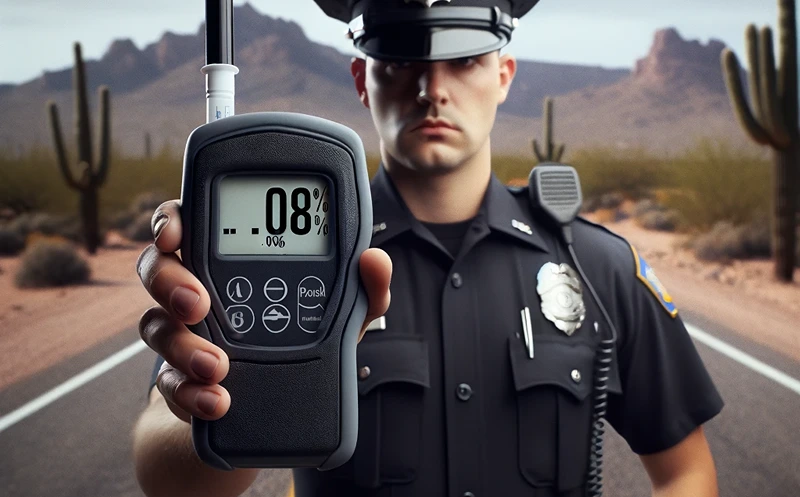
Investigative Article: Uncovering the Truth About False Positive Breathalyzer Tests
Introduction
You're driving home after having a drink or two with friends, obeying traffic laws, and feeling completely sober. Suddenly, you see flashing lights in your rearview mirror and are pulled over by a police officer. After administering a breathalyzer test, the officer decides to charge you with a DUI. But what if the breathalyzer test was inaccurate? What if you got a false positive? Let's delve into the facts and figures of false positive breathalyzer tests and learn how to challenge them.
The Importance of Breathalyzers in DUI Cases
Breathalyzers are machines used by police officers to determine the blood alcohol content (BAC) of drivers suspected of driving under the influence of alcohol. The test works by measuring the amount of alcohol in a person's breath, which is then used to calculate their BAC. The legal limit for BAC is 0.08% in most states, including Arizona. However, Arizona also has a law in place that allows a driver to be charged with DUI if their ability to drive is impaired to the slightest degree. This implies that even drivers with a BAC level below 0.08% can be charged with DUI if they show signs of impairment.
The Risks of False Positive Breathalyzer Tests
A false positive breathalyzer test occurs when the device shows a positive result for alcohol even though the driver hasn't consumed any alcoholic beverages. False positives can happen due to a variety of factors, including diet, medical conditions, or exposure to chemicals, such as mouthwash or gasoline. False positives can put innocent drivers in a precarious legal situation, one that could result in heavy fines, a suspended license, and even jail time.
The Impact of False Positives on DUI Cases
If a breathalyzer test shows a positive result for alcohol, the police officer has probable cause to arrest the driver and charge them with DUI. This charge is hard to dismiss, as most prosecutors and judges see the breathalyzer test as a reliable source of evidence. However, false positives can lead to wrongful convictions and hurt the driver's reputation and livelihood. A DUI on a driving record can make it challenging for the driver to get a job, find affordable insurance rates, or rent a home.
Contesting a False Positive Breathalyzer Test
Thankfully, judges recognize that false positives can happen and allow drivers to challenge their DUI charges in court. The accused driver can hire a DUI defense attorney and begin investigating the circumstances surrounding the breathalyzer test. Factors to consider when challenging the breathalyzer test are the device's calibration, the timing and administration of the test, and external factors such as medical conditions or exposure to chemicals that can cause false readings.
What to Do If You Get a False Positive Breathalyzer Test
If you've been charged with a DUI based on a false positive breathalyzer test, it's essential to seek legal counsel as soon as possible. Working with an experienced DUI defense attorney, such as Arja Shah, can help you challenge your charges and protect your rights. Shah and her team at Arja Law have helped countless Arizonans navigate the tricky legal system and get their DUI charges successfully dismissed or reduced.
The Bottom Line
A false positive breathalyzer test can be a nightmare for drivers. Being wrongfully accused of a DUI can result in financial hardship and cause an immense amount of stress. Remember that a false positive breathalyzer test is not a definitive result and can be challenged in court successfully. Working alongside an experienced attorney can help you contest your charges and get your life back on track. Always remember to drive safely and responsibly, and if you do face legal charges, don't hesitate to seek legal help.
False Positive Breathalyzer Test - Arja Law



Social Plugin